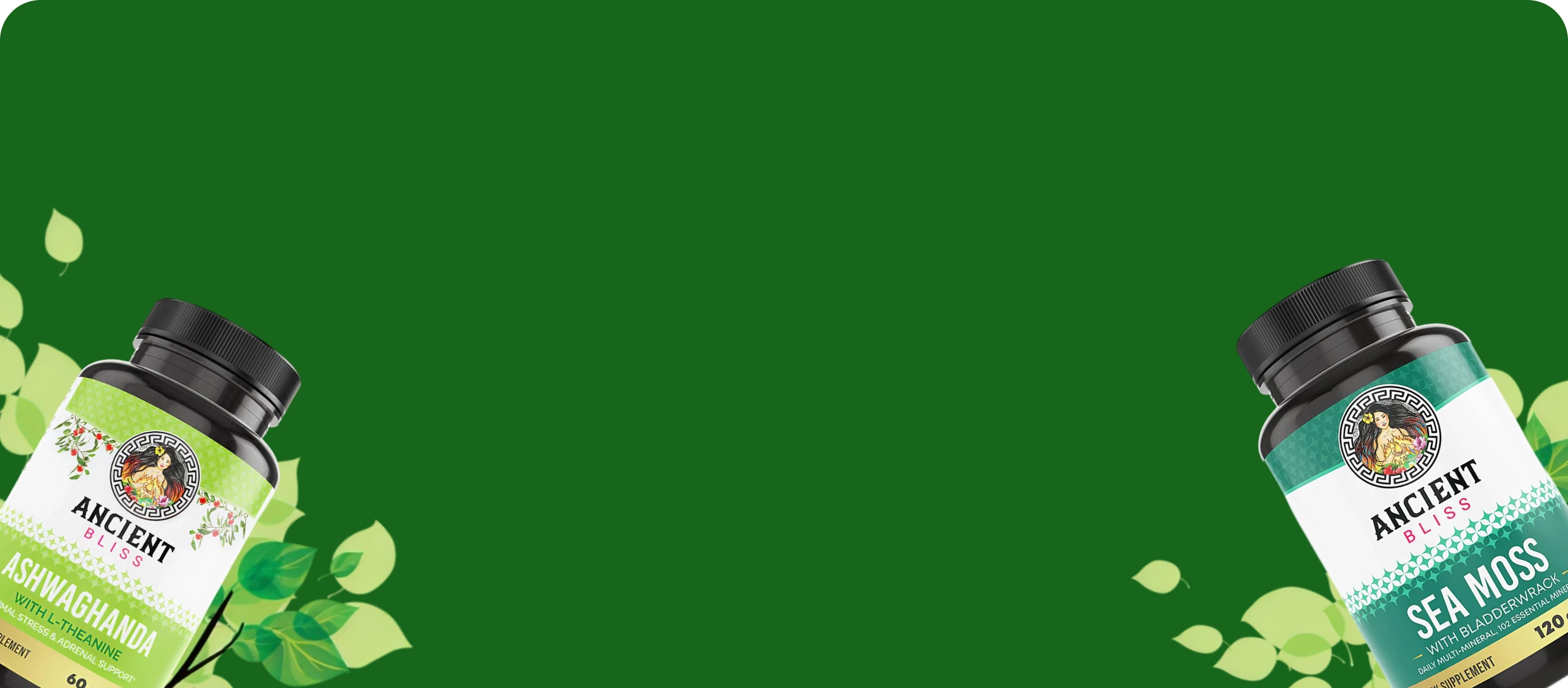8 Benefits of Moringa that prove its worth the Hype

Moringa - also known as the drumstick tree, horseradish tree, or ben oil tree - is an adaptogen that has been valued for centuries by cultures worldwide. Moringa plants can be grown in tropical and subtropical climates to produce dry fruit pods containing high antioxidant nutrients.
The moringa tree leaves are also edible and a good source of protein, vitamins A, C, and E, iron, potassium, and other minerals.
Today, moringa is being studied for its potential health benefits, including reducing inflammation, protecting against cancer, and improving heart health. Moringa is a promising folk medicine for numerous conditions, including diabetes, osteoporosis, and anemia.
8 Benefits of Moringa That You Must Know
Moringa has several benefits that have been known for years. The plant is nutrient-dense and contains various vitamins, minerals, and antioxidants. It is a great source of vitamin A, vitamin C, iron, magnesium, and protein. Moringa is also a good source of B-complex vitamins.
Let's discuss a few of the scientifically proven benefits of moringa.
Moringa is nutrient-rich.
Moringa contains high levels of vitamins, minerals, and antioxidants, including vitamin A, vitamin C, vitamin E, potassium, calcium, magnesium, and zinc. All these nutrients are beneficial for your health.
Moringa has anti-inflammatory properties.
Studies have shown that the plant's seeds and leaves can help reduce inflammation. Researchers believe moringa may be helpful in treating patients with autoimmune diseases, such as rheumatoid arthritis and inflammatory bowel disease, which is why some people use it to manage symptoms of colitis and Crohn's disease.
Moringa is good for your heart.
Moringa is a good source of potassium, calcium, and magnesium, which can help lower blood pressure (it's better than taking medications, such as ACE inhibitors). For people with high blood pressure, consuming moringa daily could effectively reduce their risk of heart disease.
Moringa may offer cancer protection.
Potassium in moringa leaves may protect against cancer and other diseases in humans and animals because it regulates the body's pH levels and mineral balance.
High intakes of dietary fiber from moringa leaves have also been shown to reduce tumor growth in mice, reducing colorectal tumors by up to 50% after two months. While these results are promising, more clinical research is needed to make any concrete conclusions.
Moringa may be suitable for your skin and hair.
Moringa can also help treat acne due to its anti-inflammatory properties. It might also help combat premature greying in men by stimulating the growth of melanocytes (cells that give hair its color) when applied directly to the scalp or taken orally. And because it's rich in antioxidants, moringa helps protect against sun damage when you apply it topically before heading out into the sun.
Moringa oil has cosmetic benefits.
Moringa oil is often used for treating dry skin, aging skin, and other skin conditions like eczema. It contains oleic, linoleic, palmitic, and stearic acids, which are beneficial to skin health.
Moringa is good for your immune system.
Studies suggest that moringa can boost the function of white blood cells (the cells responsible for protecting the body against infection). Other research has found that an extract from the plant can inhibit dengue fever and the Ebola virus.
One reason for this effect might be because moringa acts as an anti-inflammatory agent in the body, reducing swelling and redness. It helps in reducing the discomfort you feel when fighting off an illness or dealing with seasonal allergies like hay fever or sinusitis by potentially easing breathing difficulties related to these conditions.
Moringa is an effective water purifier.
The moringa plant can detoxify polluted water by removing toxins, pathogens, and heavy metal ions. Moringa powder can destroy more than 99% of E.coli bacteria in contaminated water within ten minutes, making it a powerful tool for developing countries battling clean drinking water shortages.
For instance, researchers have discovered that adding the plant to sewer systems reduces the toxins that pollute waterways (including pesticides like DDT) and prevent some aquatic life from reproducing or thriving.
In Conclusion
Moringa is a safe and effective way to improve overall health. It is a natural way to maintain good health and does not have any side effects.
The plant can be grown in a home garden and is easily available in the market. Moringa is also available as an oil, supplement, tea, or juice.
Moringa is expected to gain popularity over the next few years as its health benefits are discovered by people worldwide.
In same category
-
![]()
8 Benefits of Moringa that prove its worth the Hype
Moringa - also known as the drumstick tree, horseradish tree, or ben oil tree - is an adaptogen that has...
-
![]()
8 Benefits of Moringa that prove its worth the Hype
Moringa - also known as the drumstick tree, horseradish tree, or ben oil tree - is an adaptogen that has...
-
![]()
8 Benefits of Moringa that prove its worth the Hype
Moringa - also known as the drumstick tree, horseradish tree, or ben oil tree - is an adaptogen that has...






